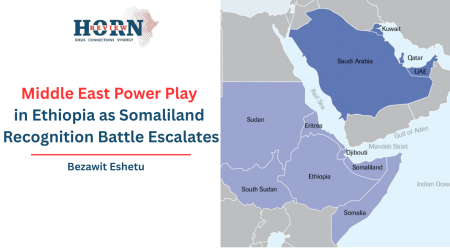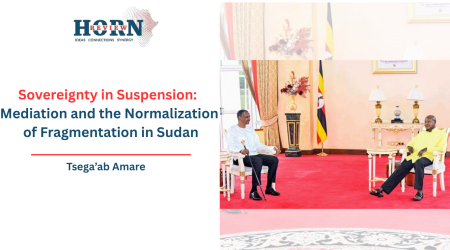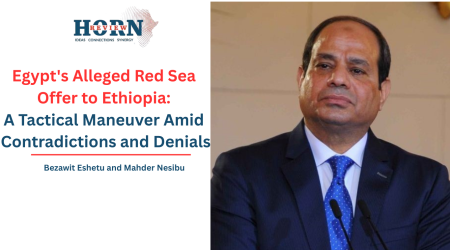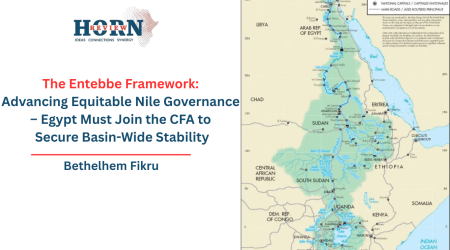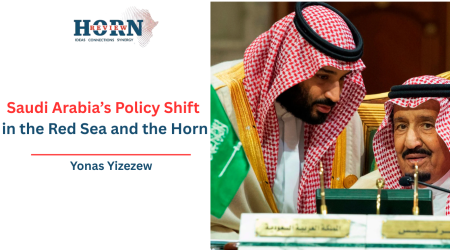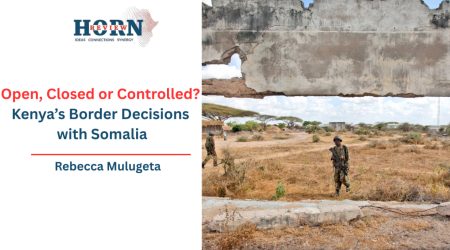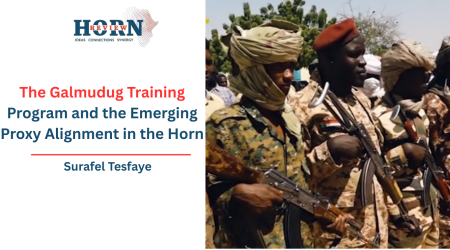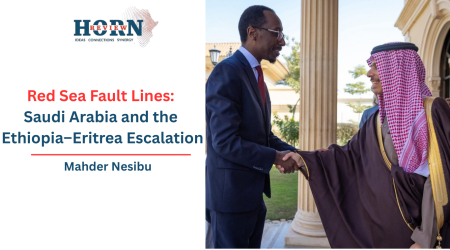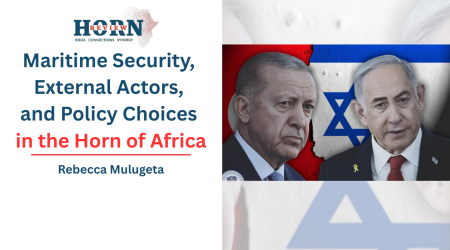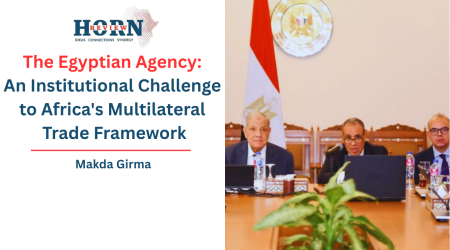
17
Aug
A Lesson or Two: Somaliland’s Strategic PR and Global Lobbying
Recognition is often seen as the cornerstone of state legitimacy, yet Somaliland, which declared independence from Somalia in 1991, demonstrates that legitimacy can be cultivated even without formal acknowledgment. Its success rests on a deliberate and sophisticated public relations strategy, combined with targeted, persistent lobbying, which has amplified its presence on the global stage despite the constraints of unrecognized status.
Central to Somaliland’s approach is its careful crafting of a narrative that emphasizes stability, democracy, and governance competence. Leaders consistently highlight peaceful transfers of power, respect for human rights, and regional contributions to security. President Abdirahman Mohamed Abdullahi Irro’s 2025 Independence Day address exemplified this strategy, framing Somaliland as a responsible and forward-looking nation (Democracy in Africa, May 19, 2025).
This narrative is disseminated across multiple channels – international media, academic publications, global forums, and digital platforms – tailored to reach policymakers, investors, and international opinion leaders. By adapting messaging for different audiences, Somaliland ensures its story resonates beyond mere rhetoric, presenting itself as a credible and constructive actor in the Horn of Africa.
The United States provides the clearest example of Somaliland’s lobbying strategy in action. Its Washington, D.C. office functions as a de facto embassy, engaging directly with policymakers and leveraging diaspora networks to build influence. Decades of persistent engagement have produced tangible signals: former U.S. President Donald Trump indicated in 2025 that U.S.
recognition is under consideration, while U.S. Senator Ted Cruz formally urged recognition of Somaliland’s independence, citing its stability, democratic governance, and strategic importance (Somali Guardian, August 13, 2025; Horn Observer, August 15, 2025; Addis Standard, August 15, 2025). These outcomes illustrate that targeted lobbying, when combined with a credible narrative and strategic engagement, can shape policy discourse and elevate a state’s international profile, even in the absence of formal recognition.
Economic diplomacy complements Somaliland’s narrative and lobbying efforts. The expansion of Berbera Port, supported by UAE investment, and the 2024 Memorandum of Understanding with Ethiopia, which includes infrastructure and trade provisions, link Somaliland’s political credibility to tangible regional value. By presenting itself as a stable partner capable of delivering economic benefits, Somaliland enhances both its lobbying credibility and its standing in international negotiations.
Diaspora networks amplify both PR and lobbying. Somaliland’s communities in the U.S., U.K., and Europe act as advocates, intermediaries, and investors, bridging geographic and political gaps. This strategy shows how unrecognized states can mobilize transnational actors to reinforce credibility, disseminate messaging, and influence policymaking indirectly.
Despite these successes, Somaliland faces challenges. Its unrecognized status limits formal diplomatic engagement, and regional and global geopolitical dynamics sometimes constrain the impact of its lobbying. Navigating relations with Somalia, neighboring countries, and global powers requires nuanced messaging and careful prioritization of partnerships. Acknowledging these challenges underscores the sophistication required in Somaliland’s PR and lobbying approach.
Ethiopia may expand existing efforts drawing lessons from Somaliland’s experience. First, crafting a consistent, credible narrative is essential for international legitimacy, particularly in complex regions. Second, targeted lobbying – through embassies, policy engagement, and diaspora networks – can generate influence even without formal recognition or overwhelming resources. Third, linking economic projects to broader regional stability enhances a state’s diplomatic leverage and attractiveness as a partner. Finally, sustained investment in public relations and narrative management pays dividends over time, demonstrating that patience, consistency, and strategic focus are key to shaping international perceptions and policy outcomes.
Somaliland’s experience underscores a broader truth: legitimacy and influence can be maintained through disciplined public relations, strategic narrative crafting, and persistent lobbying. Its approach offers a compelling blueprint for any state or territory seeking to enhance its standing and influence global perception, providing lessons that extend well beyond the Horn of Africa.
By Horn Review Editorial
References
- “Somaliland welcomes Trump comments on possible US recognition.” Somali Guardian. August 13, 2025. https://somaliguardian.com/news/somalia-news/somaliland-welcomes-trump-comments-on-possible-us-recognition/
- “U.S Senator Ted Cruz Presses Trump to Recognize Somaliland.” Horn Observer. August 15, 2025. https://hornobserver.com/articles/3447/US-Senator-Ted-Cruz-Presses-Trump-to-Recognize-Somaliland
- “Somaliland hails U.S. Senator Ted Cruz’s call for Trump to recognize independence.” Addis Standard. August 15, 2025. https://addisstandard.com/somaliland-hails-u-s-senator-ted-cruzs-call-for-trump-to-recognize-independence/
- “Somaliland’s 30-year quest for recognition: could US interests make the difference?” Democracy in Africa. May 19, 2025. https://democracyinafrica.org/somalilands-30-year-quest-for-recognition-could-us-interests-make-the-difference/

